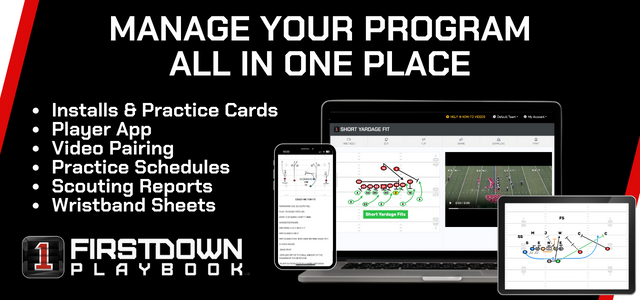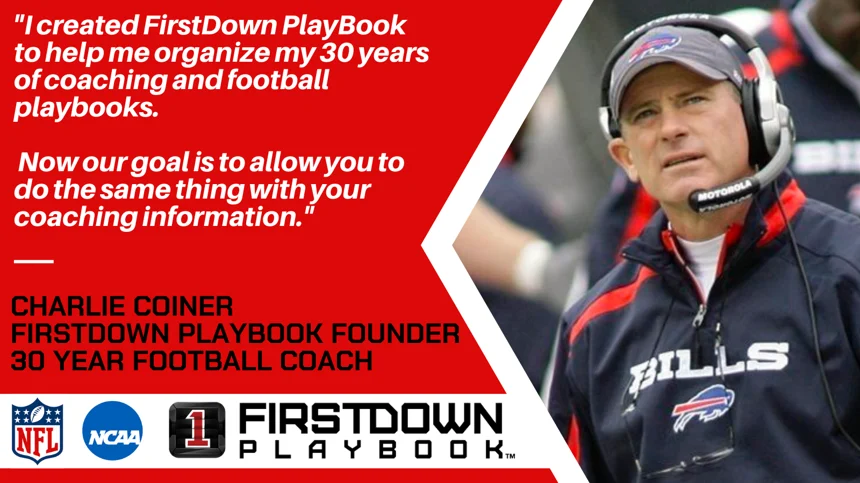Special Teams: Value Of A Squib Kick

Right out the gate I want to make clear that I had no dog in this hunt. The hunt I am referring to is the game last night between Clemson and SMU. As SMU came back to tie the game with 20 seconds remaining, every special teams coach watching understood that a squib kick or sky kickoff was coming or at least being discussed on the Mustangs sideline.
To be clear, this is not always a “no brainer” in this situation. Kickers have gotten to be so talented these days that knocking a kickoff out the back of the end zone is a common occurrence. If that was the SMU plan then we can chalk it up to a kick that did not go as planned. It’s football. It happens.
However, for the sake of every football coach reading this, what you want to avoid at all cost is a normal kick landing in the hands of one of the receiving teams best players. Namely, the kickoff returner. I say a “normal kick” because that is what the receiving team has practiced the most since training camp.
What a squib kick gives you in this situation is a changeup. A changeup that affects the ability to field the ball cleanly. It does not stop there though. A squib kick often throws off the distance and timing of the kickoff return. The kickoff is often mishandled. Even when it is not, the the front line blocks happen at unfamiliar places on the field.
Every Head Coach or Special Teams Coordinator Will Have To Choose To Squib Kick or Not If They Coach Long Enough.
If the ball is mishandled even slightly it allows the clock to begin to run as soon as the ball is touched. In an attempt to make something out of nothing, many kickoff returners will not get down and cut their losses. This results in valuable time ticking off the clock that the offense needs.
Can things go wrong with a squib kick? Absolutely. If a kicker has not put in the practice time then the ball can go out of bounds. This gives the return team the ball with great field position and no time comes off of the clock. Squib kicks can also inadvertently end up in the hands of a front line or second level return player.

At the end of the day though, your kicker will have practiced squib kicks a lot more than the return team has practiced returning them. Keep in mind that the one objective here is to prevent a big return. A return like we saw at the end of this SMU Clemson game. Your strategy might be to sky kick the ball. This will once again, force a fair catch or a tackle at the spot of the return.
Are we playing Sunday morning quarterback here? Yes, we are. However; our goal is not to criticize anyone. The goal is to use this as a teaching moment for all of our FirstDown PlayBook head coaches and special teams coaches. If you coach long enough, trust me when I say you will have this same situation show up and have to make a decision.
